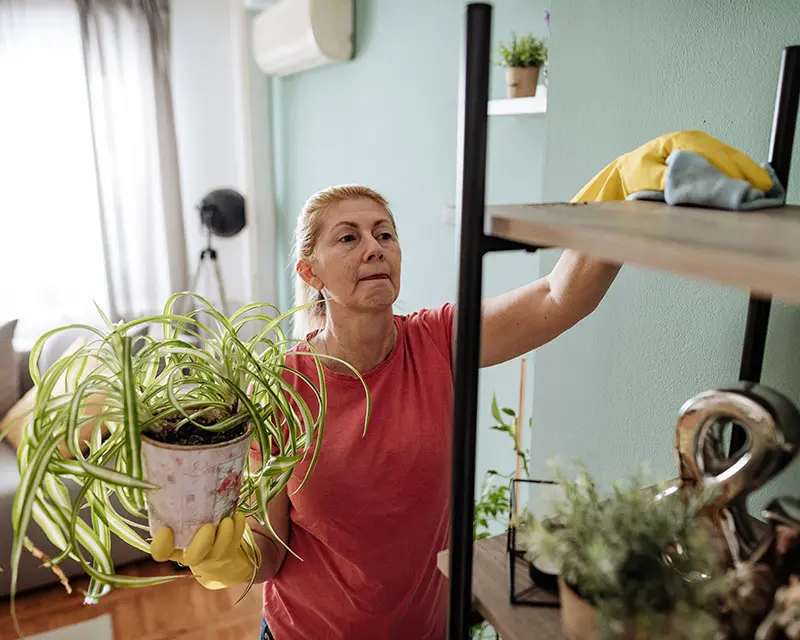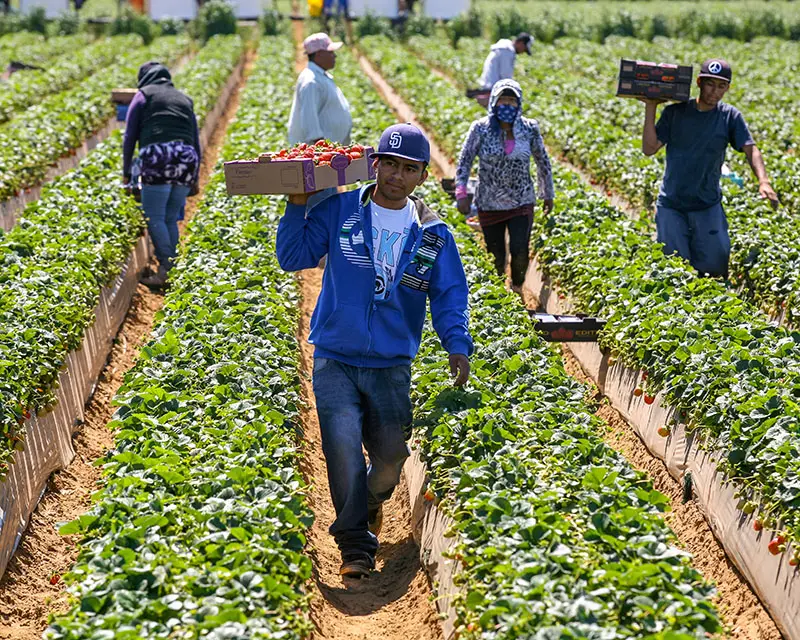How does labor trafficking begin?
Labor trafficking most often begins with a simple job offer. It becomes trafficking when pay or working conditions are abusive and the worker cannot quit or complain because the boss is threatening them or exploiting their desperate economic circumstances. Kidnapping or physical force are rarely part of how labor trafficking situations begin.
Who are the traffickers?
Traffickers can be business owners, bosses, or other workers with a managerial role in a formal business. Traffickers can also be victims’ families or legal guardians, including parents, spouses and intimate partners.
Who are the victims?
Anyone can be victimized by a labor trafficker, but certain people are far more vulnerable than others. Economic need is a key risk factor and immigrants – including immigrants who are in this country legally – are particularly vulnerable to labor trafficking.
Why don’t victims just leave?
The most common ways traffickers control victims are through threats or economic abuse. Immigrants are vulnerable to labor trafficking because many have arrived in another country due to violence or extreme poverty in their home countries. Additionally, many labor trafficking victims are tied to traffickers by debt and the belief that even the minimum amount paid to them is better than their other options.

 IHRO NEWS
IHRO NEWS





